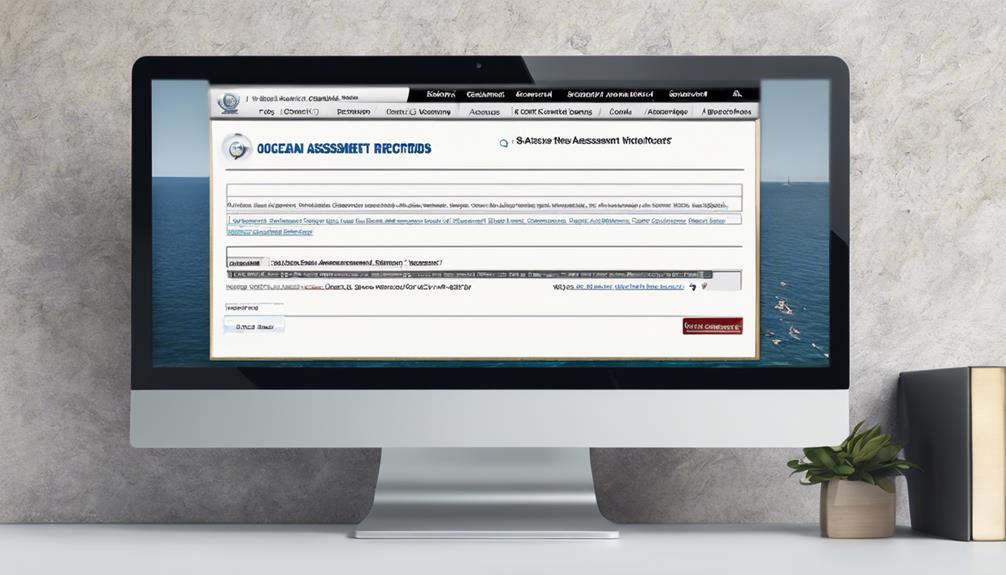Your work performance is greatly influenced by your Big Five personality traits. Conscientiousness makes you reliable and organized, boosting productivity. Extraversion helps you engage and collaborate effectively. Openness encourages creativity and adaptability, while agreeableness fosters strong relationships. Neuroticism can affect stress management, impacting focus and resilience. Understanding how these traits shape your behavior allows you to optimize your strengths and improve your performance. To discover how aligning your roles with your traits can help you succeed, keep exploring.
Key Takeaways
- Conscientiousness predicts high reliability, goal achievement, and quality work, positively impacting overall performance.
- Extraversion enhances team collaboration, communication, and morale, boosting workplace engagement.
- Openness fosters creativity, adaptability, and innovation, contributing to flexible and forward-thinking performance.
- Agreeableness promotes cooperation, conflict resolution, and positive relationships, supporting team harmony.
- Neuroticism may hinder performance through stress and emotional instability, requiring tailored support strategies.

Understanding how personality influences work performance can give you valuable insights into employee strengths and potential areas for development. When you explore personality assessments, you’re better equipped to understand how individual traits shape behaviors, decision-making, and overall contributions within your team. The Big Five traits—openness, conscientiousness, extraversion, agreeableness, and neuroticism—serve as a solid framework for predicting how someone might perform at work and how they interact with colleagues. Recognizing these traits helps you create a more cohesive and productive environment by aligning roles with personalities and fostering positive team dynamics.
Understanding personality traits helps shape a cohesive, productive team by aligning roles and fostering positive dynamics.
Conscientiousness, for example, is often linked to high performance because it reflects a person’s reliability, organization, and goal-oriented mindset. When you identify employees with strong conscientiousness through personality assessments, you can assign tasks that require attention to detail and persistence. Such individuals tend to meet deadlines, produce quality work, and exhibit a strong work ethic. This trait considerably impacts team productivity and sets a standard for others. Conversely, employees with lower conscientiousness might need more structured guidance, but they can bring creativity and flexibility to the team. Understanding these differences helps you manage team dynamics more effectively, assigning roles in a way that maximizes each person’s strengths.
Extraversion influences how individuals engage with others and approach social situations. You’ll notice that extroverted team members often thrive in collaborative environments, contributing energy and enthusiasm that can boost team morale. When you’re aware of this trait, you can facilitate team activities that leverage their sociability, enhancing communication and cohesion. On the other hand, introverted employees might prefer focused, independent tasks. Recognizing this allows you to balance team interactions, ensuring everyone feels valued and comfortable contributing. This nuanced understanding of personality traits fosters more harmonious team dynamics and improves overall performance.
Openness relates to creativity and adaptability. Employees high in openness tend to embrace change, generate innovative ideas, and adapt quickly to new processes. When you incorporate this knowledge into your work environment, you can assign projects that require creative thinking or flexibility. Agreeableness reflects interpersonal skills, cooperation, and empathy. Team members high in agreeableness are usually good collaborators and mediators, which helps maintain positive relationships and resolve conflicts smoothly. Lastly, neuroticism, or emotional stability, influences how individuals handle stress and setbacks. Recognizing these tendencies allows you to provide appropriate support and create a resilient work environment. Additionally, understanding personality dynamics can help improve overall team cohesion and morale.
Frequently Asked Questions
How Do Cultural Differences Influence the Impact of Big Five Traits at Work?
Cultural differences shape how your Big Five traits manifest at work. Cultural norms influence your personality expression, affecting traits like extraversion or conscientiousness. In some cultures, assertiveness is valued, amplifying your openness or extraversion, while others might favor harmony, moderating these traits. Recognizing these influences helps you adapt your behavior, improving collaboration and performance in diverse work environments, ensuring your personality traits align with cultural expectations.
Can Big Five Traits Predict Leadership Effectiveness in the Workplace?
Your personality assessment can reveal traits like extraversion and openness that predict leadership effectiveness. Leaders high in conscientiousness tend to be organized and dependable, boosting team performance. Agreeableness fosters collaboration, while emotional stability helps handle stress. By understanding these traits, you can enhance leadership development programs, ensuring you cultivate qualities that make leaders more effective. Recognizing the Big Five traits allows you to select and develop strong, adaptive leaders in the workplace.
How Do Big Five Traits Interact With Job Types and Industries?
You’ll find that your Big Five traits interact with job types and industries by influencing personality-job fit and industry-specific traits. For example, high extraversion suits sales roles, while conscientiousness benefits detail-oriented work like accounting. Recognizing these interactions helps you match your personality to the right industry, improving job satisfaction and performance. Understanding these dynamics allows you to tailor your strengths to specific work environments, increasing your career success.
Are Big Five Traits Stable Over an Employee’s Career?
Your trait stability is like a sturdy oak tree, providing consistent branches over time. While some fluctuations happen, the Big Five traits generally stay stable through your career, shaping your development. You’ll find that these traits influence your growth, but they also adapt as you gain experience. Embrace this dynamic stability, because understanding your trait stability helps you navigate career development with confidence and self-awareness.
How Can Organizations Develop Employees Based on Their Big Five Profiles?
You can develop employees effectively by using personality assessments to identify their Big Five profiles. With this insight, you tailor employee development programs that align with their strengths and growth areas. For example, nurture openness in innovative roles or enhance conscientiousness for reliability. This personalized approach boosts engagement, improves performance, and helps employees reach their full potential, making your organization more adaptable and competitive.
Conclusion
Understanding how the Big Five traits influence your work performance shows that success isn’t just about talent but also personality. By recognizing your strengths and areas for growth, you can turn the tables and boost your productivity. Remember, it’s not just about working hard but working smart. When you align your traits with your goals, you’re more likely to hit the nail on the head. Keep this in mind — it’s often the quietest person who makes the biggest difference.









